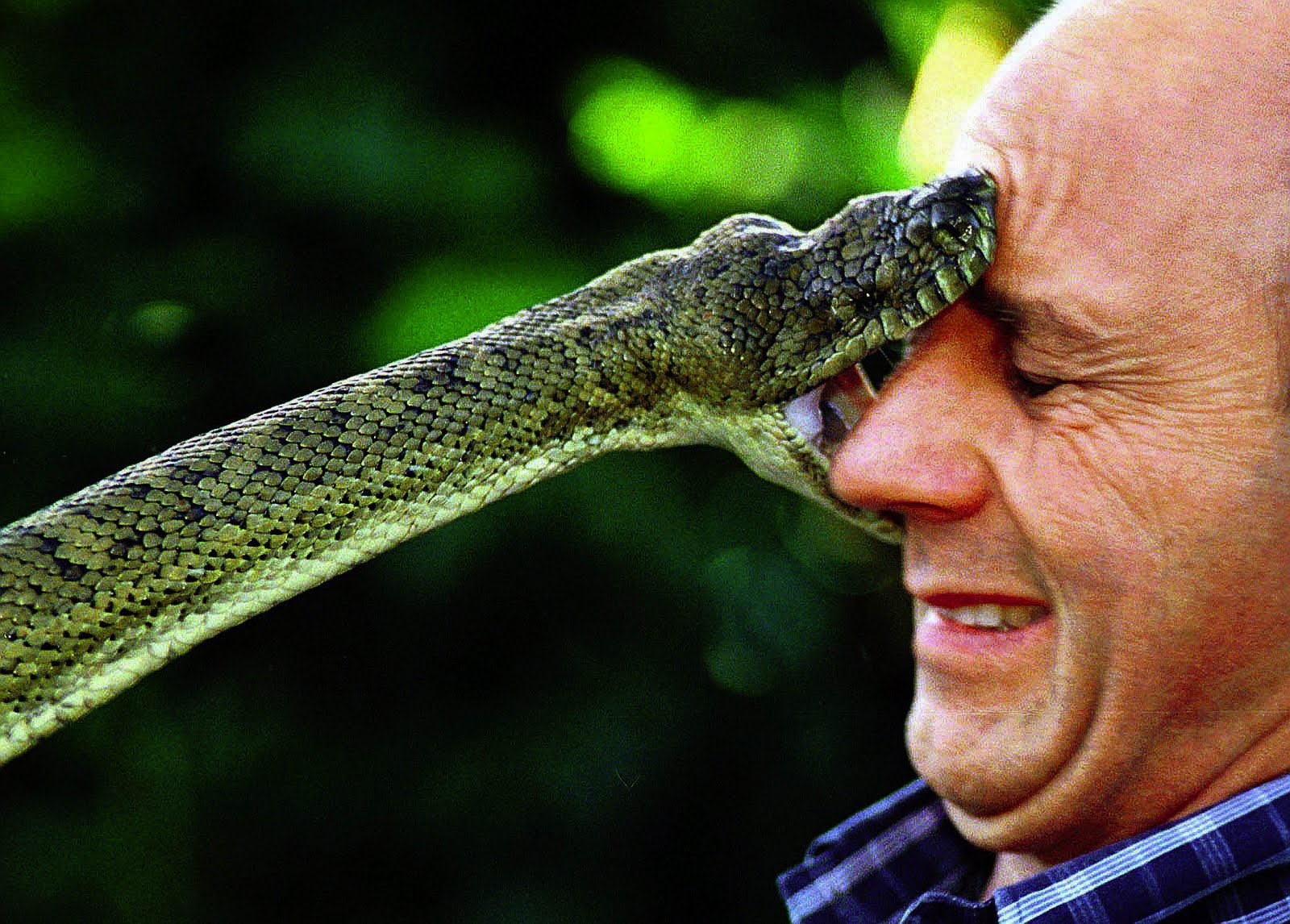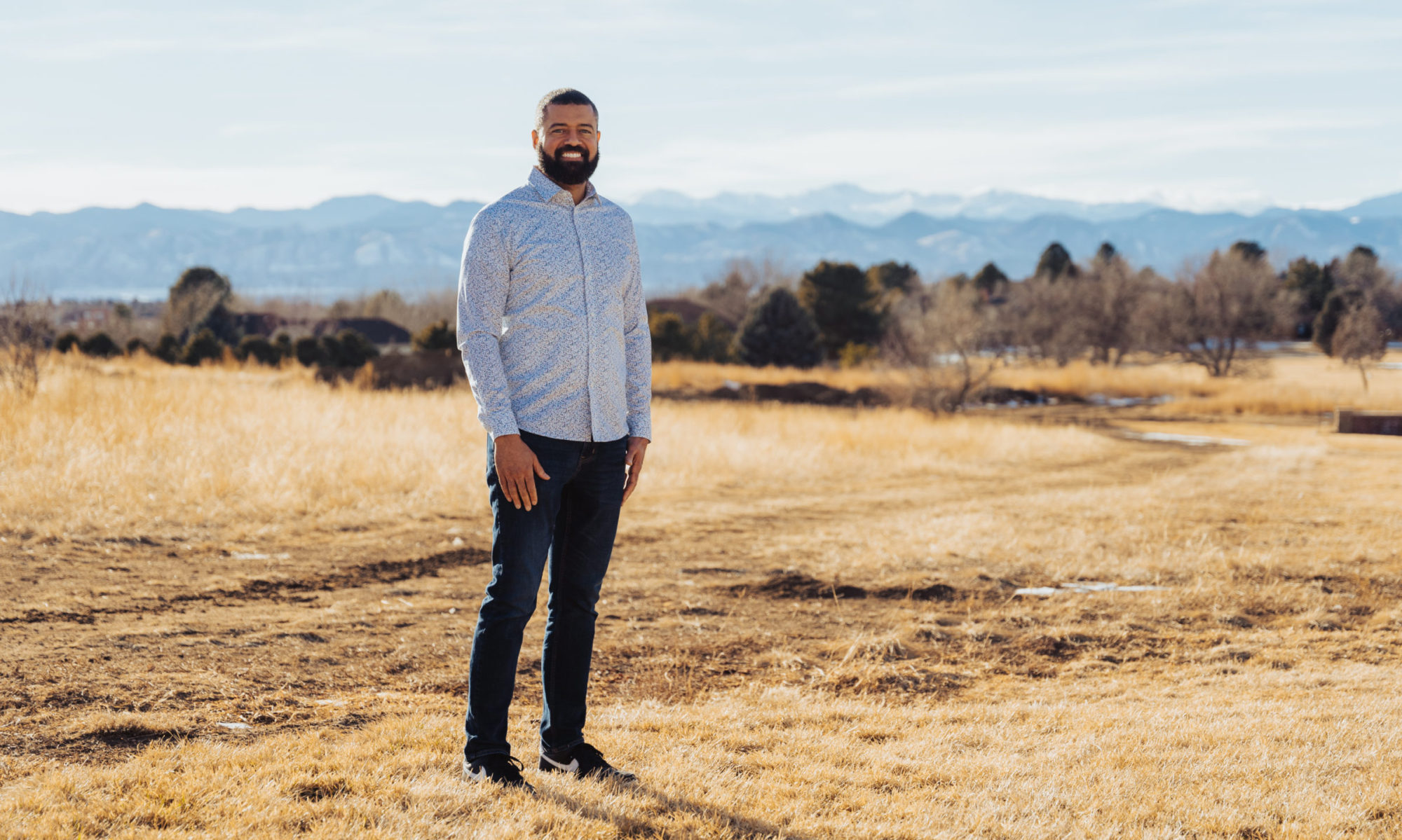
Read Exodus 1-5
Initial Thoughts
I love the humanity of the scriptures. In what appears to be good luck, or rather for the believer, divine intervention, Moses is given a great childhood and upbringing in Pharaoh’s household while being cared for by his own mother. Incredible. Moses grows up with a sense of justice for his relatives, the Hebrew people, and tries to take matters into his own hand by stepping in to rescue a slave by killing the Egyptian who is beating him. He seems so brave, or impulsive and reckless. I see him already filled with rage at the treatment of his own people. It’s been building up and comes to a boiling point that day.
As a baby he was in the right place at the right time, rescued by Pharaoh’s daughter from the river. As an adult he was in wrong place at the wrong time in his attempt to rescue the Hebrew slave. We witness his passion without wisdom. He knew he did wrong and wrongfully hides the body. Two wrongs don’t make a right, but it makes for a good story. Yet there are no secrets in Egypt apparently cause the word has gotten around that Moses is unstable. Fast forward and Moses is still acting violently (I suppose) as he rescues his future wife from some shepherds throwing shade.
Later, Moses meets God. He walks right up to a burning bush that talks! I find it interesting that the initially request after Moses’ calling to rescue his people from Pharaoh is to worship God in the wilderness – a three days’ journey. Three days? Bait and switch?
I enjoy listening and reading God’s word with my You Version Bible app. I laughed out loud as Moses throws down the staff per God’s instructions and runs away immediately after it turned into a snake. I think Moses has been humbled after 40 years or we have discovered his kryptonite. “It’s a snake!” But of course who wouldn’t be startled?
Other things that make me go, “Hmmm?” God takes credit for making people blind and mute. God tries to kill Moses (He was just trying to keep Moses on his toes). That’s why Zipporah did what she did? (Exodus 4:25) Quick thinking? I mean who would have thought of that, really?
The Hebrews believed Moses and Aaron when they performed the signs and then they worshipped when they discovered the Lord’s concern for them. “He cares for us!” Yet as the rescue begins it may not feel that way because Moses is upset at the harder labor brought upon the “lazy” slaves. Lazy makes me see Pharaoh as extremely prejudice. Minorities, the poor, and the powerless are typically seen as lazy by those rich and in power. You try making bricks Pharaoh!
A Deeper Look
When Moses kills the Egyptian I believe that he grew up with an awareness of his people’s heritage and religion. I think this is what led to him into suffering with his countrymen. I think that he may have been taught this at a young age. Peter Enns’ commentary points out that any conclusions about his awareness of his true pedigree are conjecture, but I still find this interesting to speculate.
Also, did he really mean to kill the Egyptian or just teach him a lesson? Enns points out that even though Moses killed a man, Pharaoh’s reaction seems over-the-top.
Enns’ comparisons of Moses, Noah and Christ are insightful. Moses’ story looks back to creation and forward to the redemption in Christ. It points to the flood as he is being saved by water twice, once in his basket and the other at the parting of the sea. Christ created all things and on earth is baptized and led out into the desert (the wilderness).
I discovered the opening chapter of Exodus appears to portray God as absent. The Israelites are enslaved and God seems to have allowed these events to take place. Yet in chapter two we learn that God is with his people. God’s absence is a common theme in the Psalms, Prophets and wisdom. It is also a common theme for most people in regards to their daily affairs.
He cares for the Israelites. God fights for them. The story of Exodus is not Moses fighting Israel’s enemies. It’s not Moses versus Pharaoh, but God versus Pharaoh. This is clearly a mismatch. Put your money on God.
Exodus for Today
Moses has a divine encounter with God. He received the call. You can see how God had been working in Moses’ life. We learn that God speaks to someone, somewhere, at some time. We discover that when it feels as though God is absent – trust His presence. Moses leading his people out of slavery and to a new land is what Christ has done for us in regards to sin and death. Christ is risen from the dead and those of us whom God has called follow him. We put sin in our rear view and travel toward glory up ahead.
Jovan preaches for the Littleton Church of Christ near Denver, Colorado. Visit here to listen to sermons preached by Jovan.
